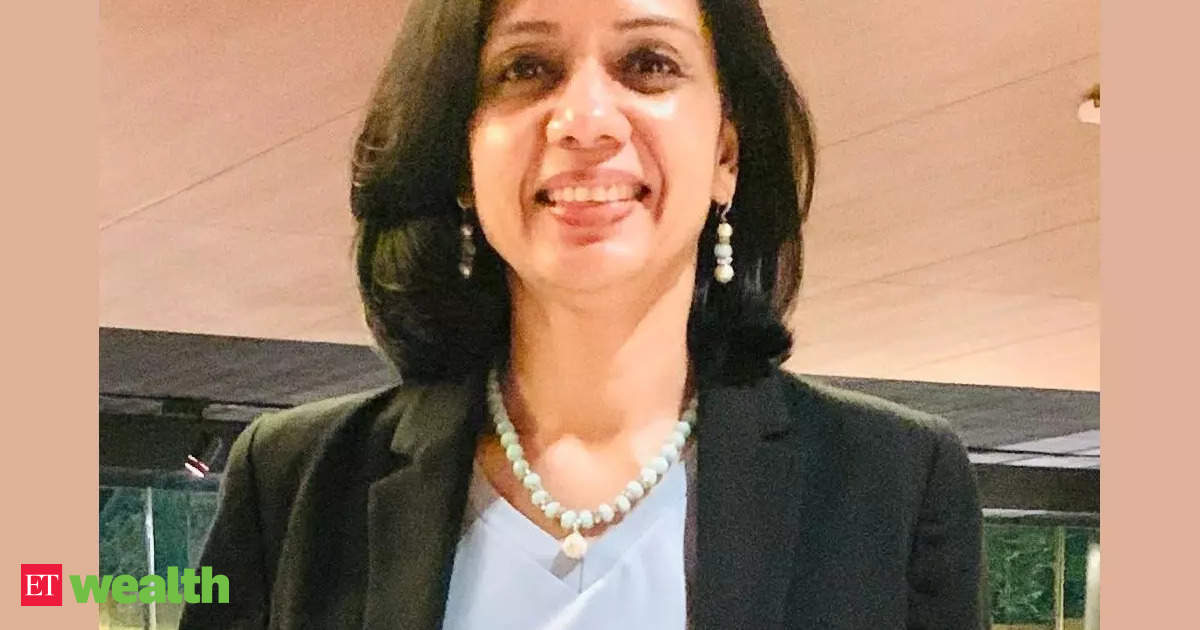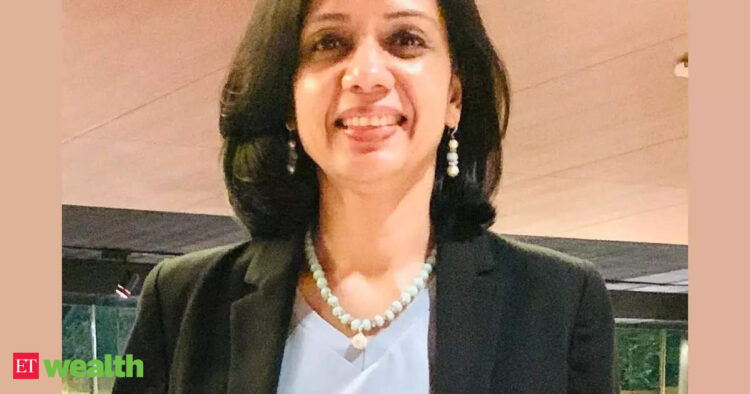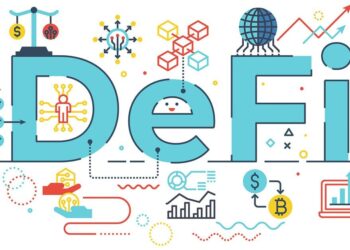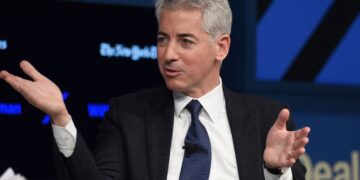
India’s current population is 1.4 billion people, with a median age of 28.2. This youthful population contributes to the nation’s dynamism and energy. Life expectancy in India varies from 70-74 years based on gender. A little over 36% of India’s population resides in urban areas.
India’s investment landscape is diverse, catering to various financial goals, risk appetites, and time horizons. They range from tax savings schemes (PPF, NPS, ELSS, ULIPs, Tax Saving Deposits), longer horizon and higher returns products (mutual funds, stock investments, IPOs), shorter horizons (fixed deposits, liquid mutual funds, ultra short-term debt plans), medium-term goals (ELSS, FDRs, Recurring Deposits) and longer-term goals (Equity Mutual Funds, direct equity, gold, real estate, NSCs, Bonds).
On 9th April 2024, the BSE Sensex in India touched the 75,000 mark. It was incepted in 1979 at 100 value and has compounded at a rate of 15.85% in these 45 years. India is the fifth largest economy in the world, and there is a good probability that a growth rate of 15% may well be sustained in the future, let’s say for the next 45 years, too!
With that background, let’s bring the discussion to my (hypothetical) younger self.
I am a 21-year-old female living with my family in one of the metropolitan areas. I have joined a Bank with a sound salary package. I am single, with no dependents in my family. On receiving my first salary, I was exuberant at both the thought and reality of having earned money myself.
My financial needs so far (in form of school and college education and associated expenses) were supported by my father and my extracurricular funding by my monthly pocket money, again from my father. We are an upper middle class family (but not lavishly rich), doing well for ourselves in academics and professionally.
I have a decent lifestyle and balance my work, family and social life adequately. Not falling in extremes of either. My paramount focus is to excel in the job and make my mark. I am working hard, night and day to be able to rise the corporate ladder, every step of the way.
Since receiving my very first salary, I have committed to saving a portion of my salary every month. I allocate this amount based on a predetermined proportion to my expenses and deposit it into a savings account at a bank, where it accrues a certain rate of interest so that my money appreciates in value through compounding. Thereafter, by disciplined monthly savings, I have created a small corpus of investable funds. As I have ventured into the world of financial investments for the first time (beyond academics), I have deposited my initial surplus funds into a fixed deposit at the bank, earning me a higher rate of interest as compared to a savings bank account. Simultaneously, I have also made an investment in a tax savings scheme so that my taxable income at the end of the year gets reduced. In the subsequent months, I am also investing a portion of my surplus funds in tax free bonds. These bonds offer a rate of interest, higher than both my savings account and fixed deposits and the interest earned on them is tax free for me. This sequence of investments aligns well with my risk appetite and behaviour.
Given my single status and with no immediate / foreseeable liabilities, I am adequately covered on insurance through my company (employer). So I have deferred my plans to purchase any other insurance for at least 12 months.
After a year or so, on reviewing my financial and investment positions, I took out a home loan for 20 years, worked out an EMI that was fitting into my monthly budget.
So at the age of 22-23 years, I have a savings bank account balance (short term liquidity), fixed deposits (short to medium term liquidity), bonds (medium to long term investment), insurance (covers my risk) and purchased a property through home loan (bought my own home).
With each passing day, I am increasingly interested in capital markets and have opened my demat account and parked my bonds digitally in it. I read and follow news daily to understand and be in the knowhow of how investments and markets are doing. I am consistent in my approach, ensuring disciplined saving, thereby making my financial foundation and portfolio robust.
It is time for me to now diversify my asset allocation in products that are growth oriented and can yield me slightly higher returns, i.e. equity mutual funds and direct equity. These products have no principal protection guarantee (as against the products in my portfolio). Having been a very careful and systematic investor, I have always relied on knowing the product relatively well before parking my hard earned money in it.
With that motto, I have now invested in equity mutual funds while the market was correcting. Incremental investments are being made through a periodic systematic investment plan. Over the next few months, I have both understood and become comfortable with the mutual funds in my portfolio.
My next stage is to venture in direct equity investments. My investment approach remains knowledge, information and research based and I strictly follow the principles of diversification.
So in the first five years of stepping into the real world, I am able to create a decent and remarkably diversified investment portfolio for myself.
I review my portfolio actively, periodically and leverage strategic asset allocation at the core of my investment philosophy. I do not get jostled by market corrections, nor do I get swayed by the excitement of markets peaking from time to time.
As part of my overall financial planning over the years, I have taken adequate insurance as well.
With a goal of certain investment returns, my portfolio is well diversified between debt and equity, short to long-term, liquid and growth-oriented, taxable and tax-free income, etc.
I have been practicing a monthly budgeting exercise for myself and have remained on top of my finances throughout. I must also mention that my social and financial conditions have both matured in their respective responsibilities over the years and my portfolio provides an adequate cushion for liquidity, growth, appreciation, regular income & with liabilities well under control.
I have also created an emergency fund that can take care of my 6-9 months of expenses should anything untoward happen to my regular source(s) of income.
If the markets in India are expected to yield an average 15-16% return year on year, I hope to benefit from similar returns for my portfolio (now and as it evolves ahead, over the years) as well. I am under 25 years old and have at least 35 years of working life ahead of me (subject to variations). As I age ahead, I will also ensure and start planning for my retirement savings too.
So the financial literacy lessons for my young self remains:
- Start early and start saving early in investment journey
- Create budget, review, monitor, recalibrate on the go
- Invest in financial education, dedicate time, be hungry to learn
- Invest strategically and diversify the asset allocation
- Most importantly, enjoy the rewards from time to time
Some of the other core principles are:
- Start small, scale later
- Be passionate and drive purpose
- Digital skills are gold
- Make steady efforts for success and adapt
- Learn from failures. Understand risk
- Celebrate milestones and stay humble
Contributed by Priti Goel, Founder & CEO of Prisha Wealth Management Private Limited, and a certified investment advisor
Disclaimer – The above content is non-editorial, and TIL hereby disclaims any and all warranties, expressed or implied, relating to it, and does not guarantee, vouch for or necessarily endorse any of the content.














